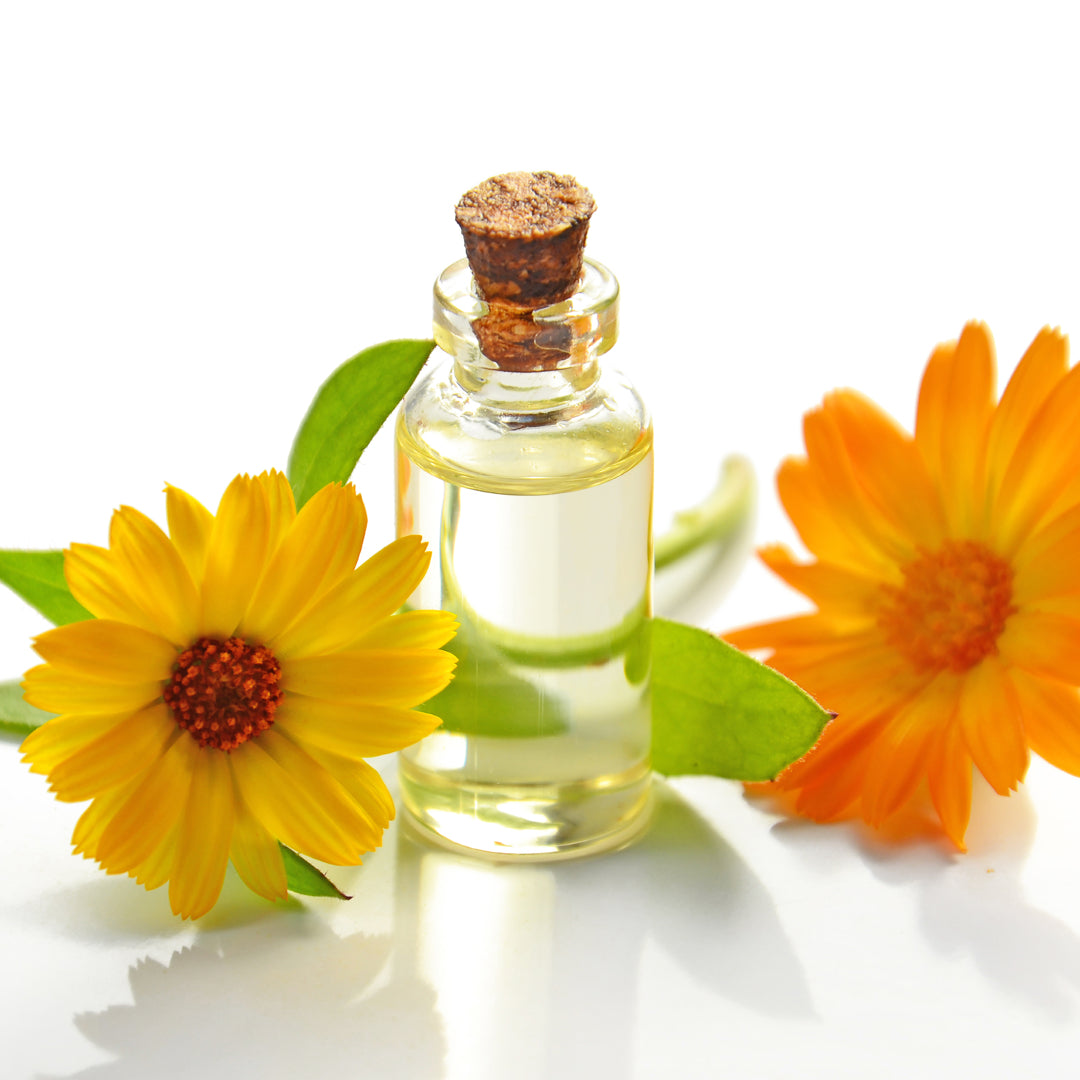
1. Aromatherapy comes from the words, you guessed it, aroma and therapy. They mean fragrance or smell and treatment respectively. This kind of therapy is a natural way of healing a person's mind, body and soul. Many ancient civilizations in Egypt, China, and India used this as a popular complementary or altogether alternative therapy for at least 6000 years. (1)

2. Essential oils have been used on humans for thousands of years. Because of this, researchers often propose testing essential oils on humans from the get go. It is commonplace, however, for substances to be tested in labs, then on animals, and only then on humans. And it turns out review boards tend to approve research studies that follow the more usual scientific research path so these studies are often rejected. (2)

3. Other reasons you don’t see research being done on essential oils? Profitability! Many conventional drug studies are funded by the pharmaceutical industry. There is little motivation for these companies to fund research on natural plant substances because they cannot be easily patented, limiting the potential for profit. (3)

4. Successful research studies on essential oils do exist though! And they show positive effects for a variety of health concerns including infections, pain, anxiety, depression, nausea, and many others. (4)

5. Looking to use essential oils to benefit you? Studies show that lavender and tea tree oil kill common strains of fungi and bacteria! They also show that menthol in peppermint oil stimulates cold-sensitive nerve receptors to produce a "cooling" sensation without actual temperature change and suppress the cough reflex. Lastly, clove oil, which has long been used to treat toothaches, contains a numbing agent that inhibits neural response in much the same way that local anesthetics do (though we don’t recommend trying this by pulling out your own teeth!) (5)

6. Did you know that people exposed to pleasant odors report improved mood and increased productivity compared with people exposed to unpleasant odors or odor-free environments? Researchers haven’t yet figured out if part or all of the mechanisms of essential oils are driven by the placebo effect. But since aromatherapy has few adverse effects, there's no harm in giving it a try if you enjoy the smell of essential oils. After all, if you believe they will work, there is a good chance that they will. Sometimes believing is seeing, not the other way around! (6)
All of DA home perfumes have essential oils (you can check which ones exactly on our fragrances page) and Spa and Lemongrass are 100% essential oils. All of our fragrances are likely to influence your mood and help bring joy to your life!

